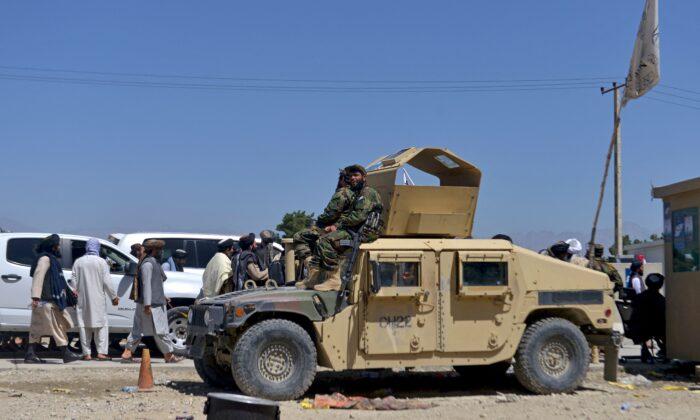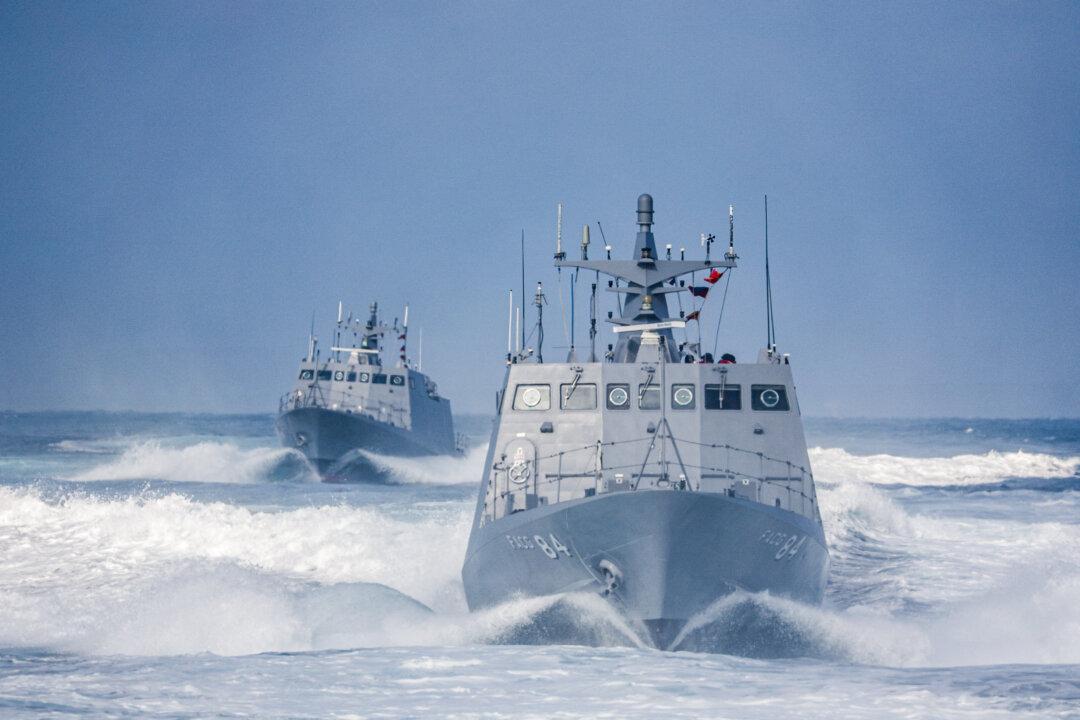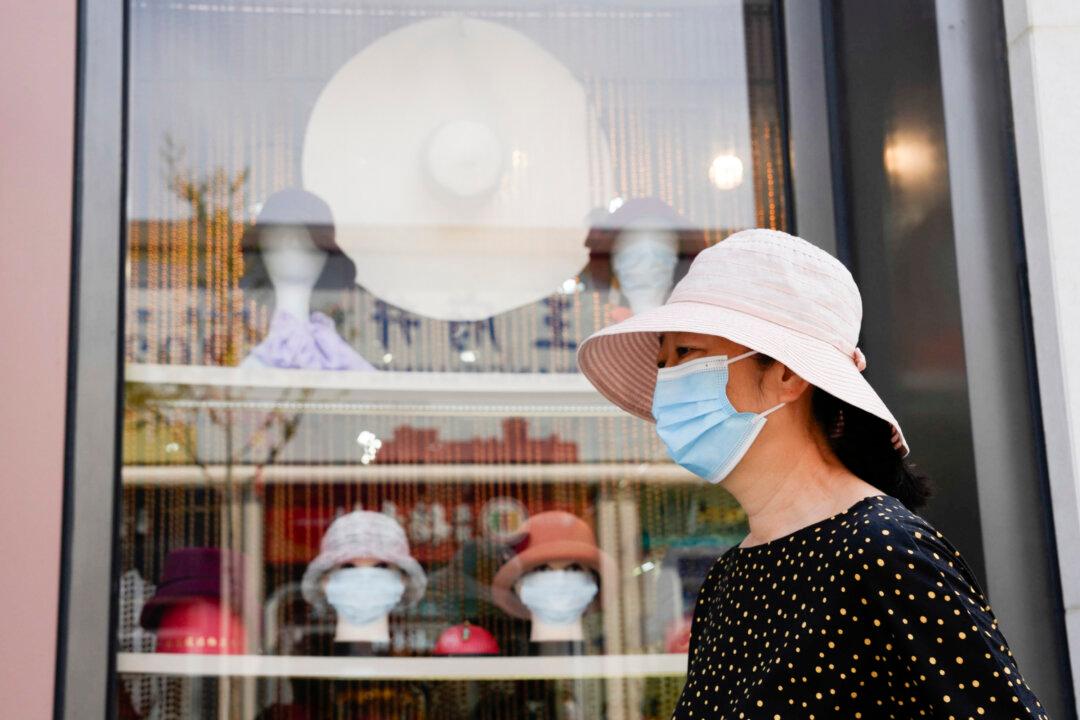Prime Minister Scott Morrison has defended the Australian government’s decision to allocate 3000 visas to Afghan refugees this financial year and rejected calls to take more.
Morrison said Australia’s commitment to allocate humanitarian places from the 13,750-person quota this year was in line with the country’s previous efforts.
“Let me remind you what happened with Syria; we did 12,000 in that first year. Of that 12,000, we did 3000 in the first year,” Morrison told 5AA radio on Tuesday, referring to the Abbott government’s one-off intake of 12,000 refugees from Syria in 2015.
“What I’ve said is, we will do, we think, at least 3000 this year. I actually think it will be more,” he said. “If the overall intake has to be increased to accommodate those additional numbers, then it will be.”

Christian leaders have also called on the Prime Minister to increase Australia’s Afghan refugee intake.
“While the Australian Government continues to withhold the ability to apply for humanitarian family reunification for this cohort, this places their lives and families in a tenuous situation. With the situation in Afghanistan fundamentally changed, Australia’s policies also need to fundamentally change,” Lourensz said.
Meanwhile, the Australian Red Cross has said it is experincing a tenfold increase of phone calls since the Taliban occupied Kabul, with Afghan Australians asking for help to reach their families and friends trapped in the chaos of Afghanistan.
“This is a hugely distressing time,” Nicole Batch, the protection manager, told AAP. “We are getting calls from people distressed because they can’t reach their loved ones. They are worried and searching for answers.”
The International Red Cross and Red Crescent Movement help people worldwide to trace their family members who have lost contact in wars or disasters.
“Everyone in Australia should be sensitive to the fear and uncertainty this is causing, and support people in our communities who have friends or family in Afghanistan—they are living through this crisis,” Batch said.




